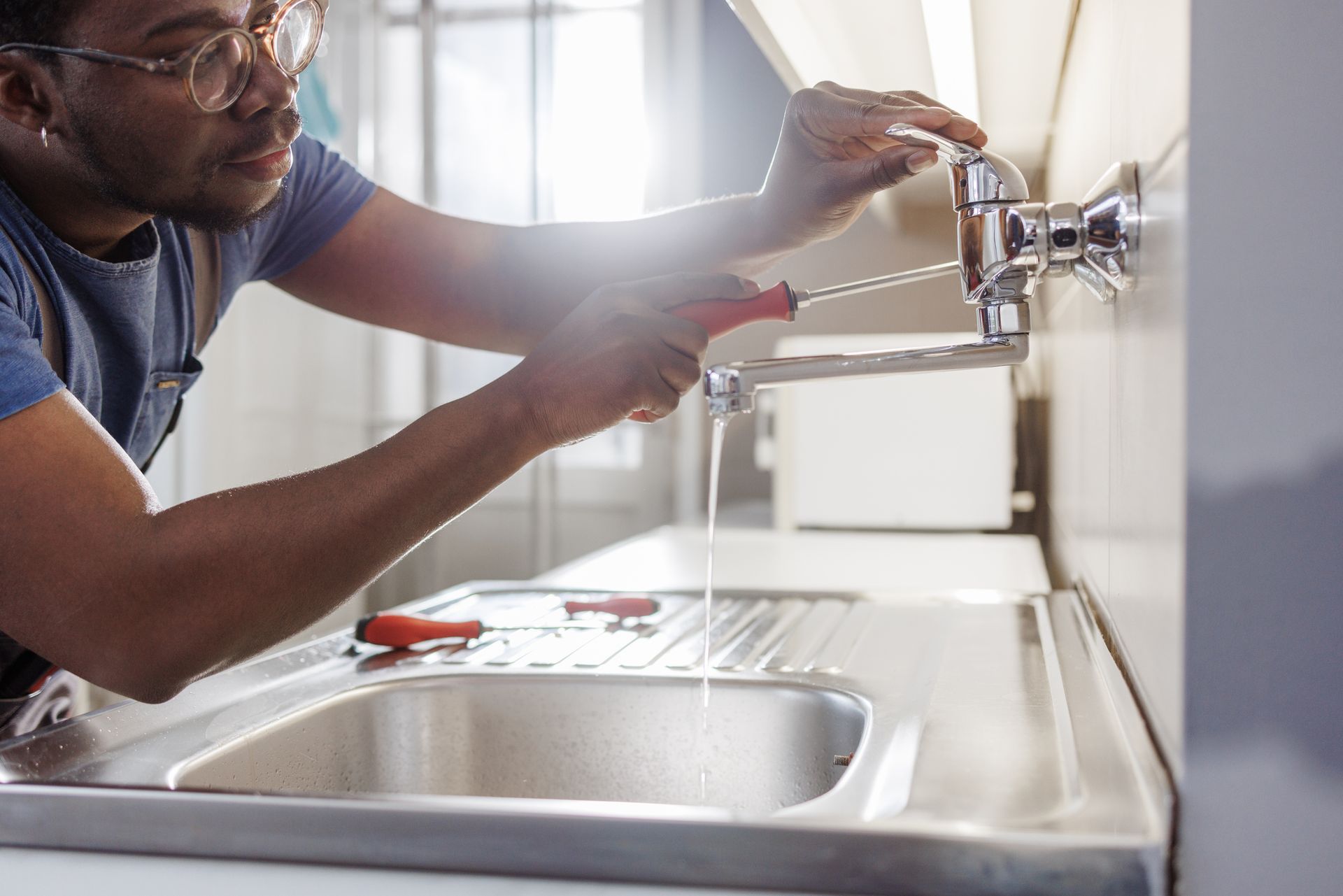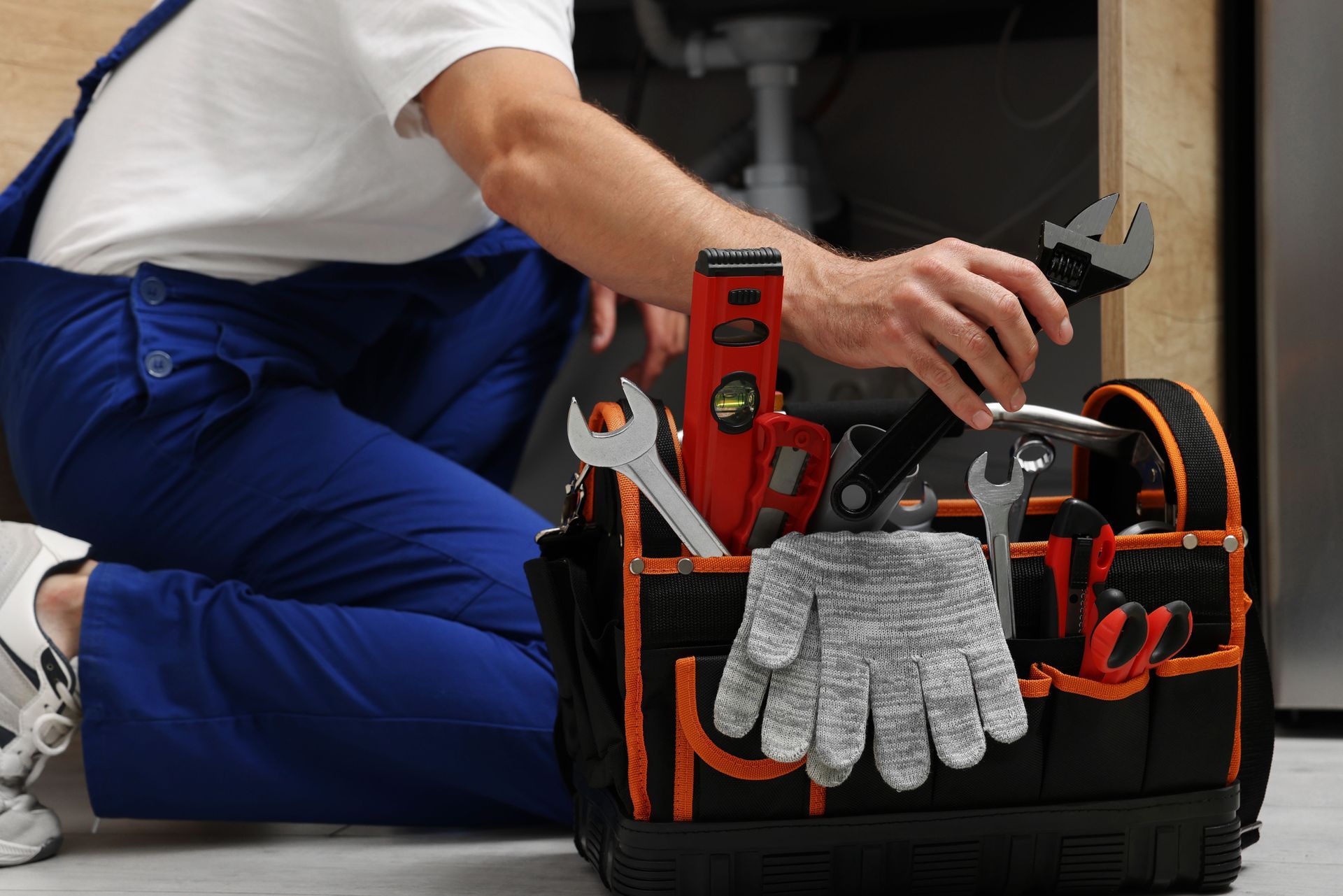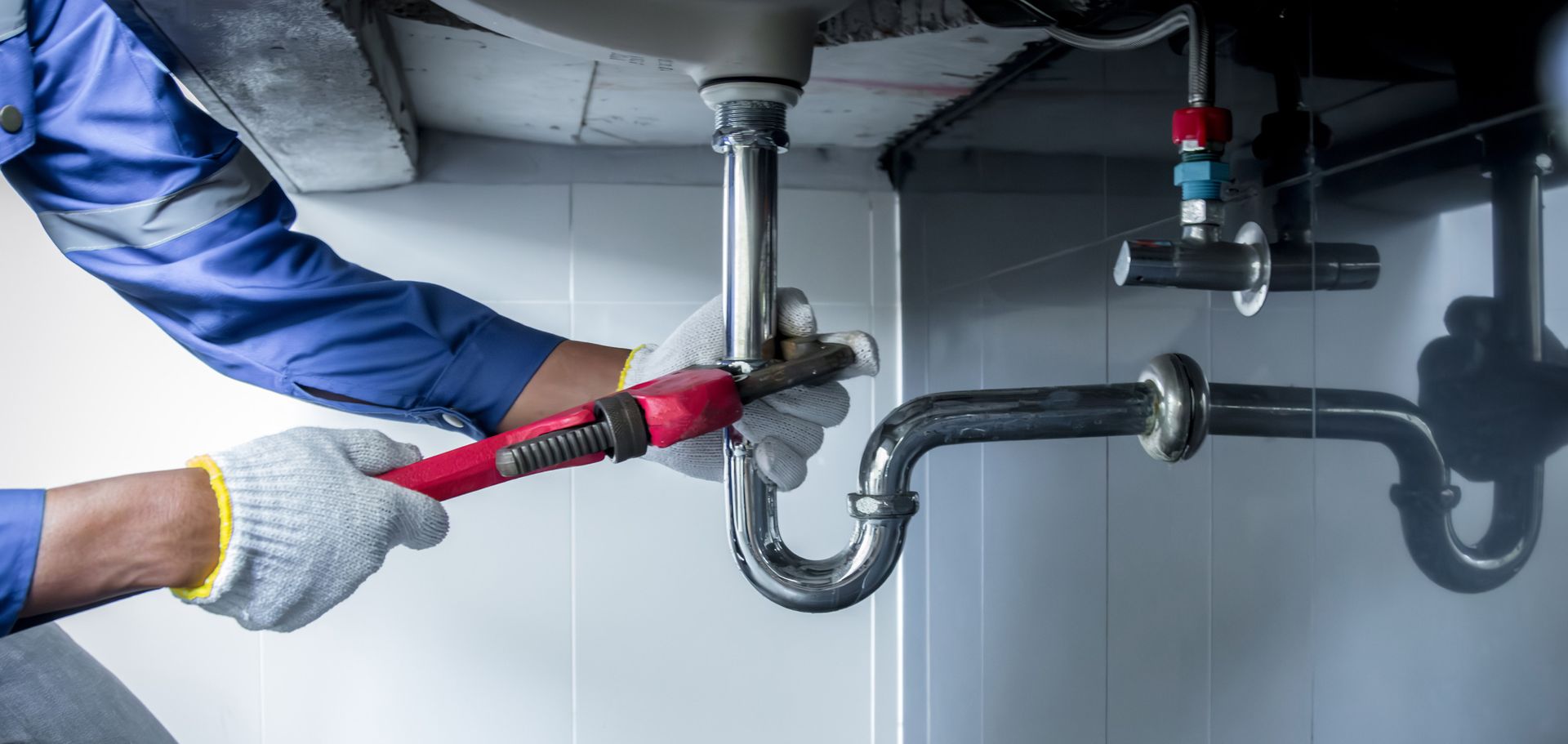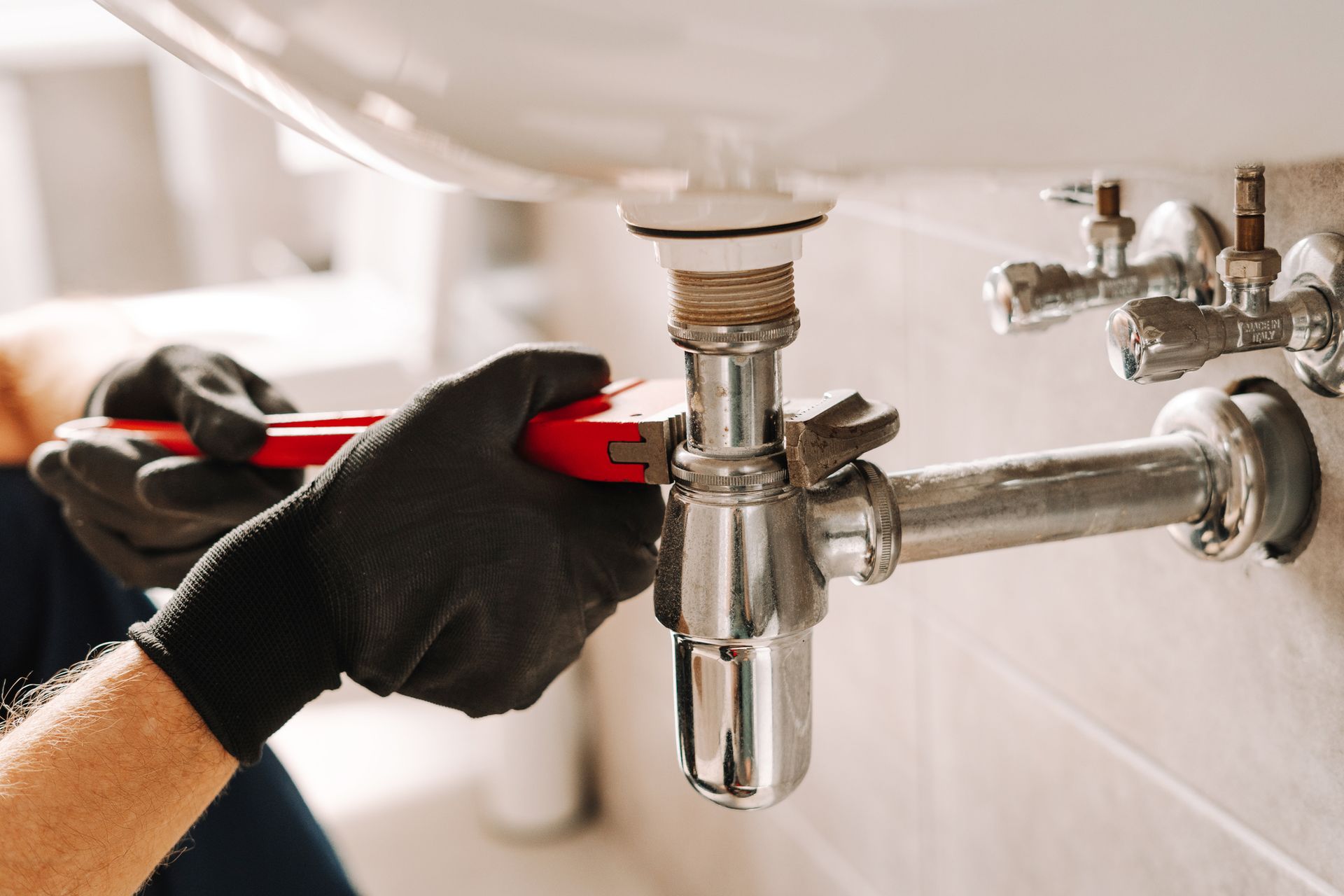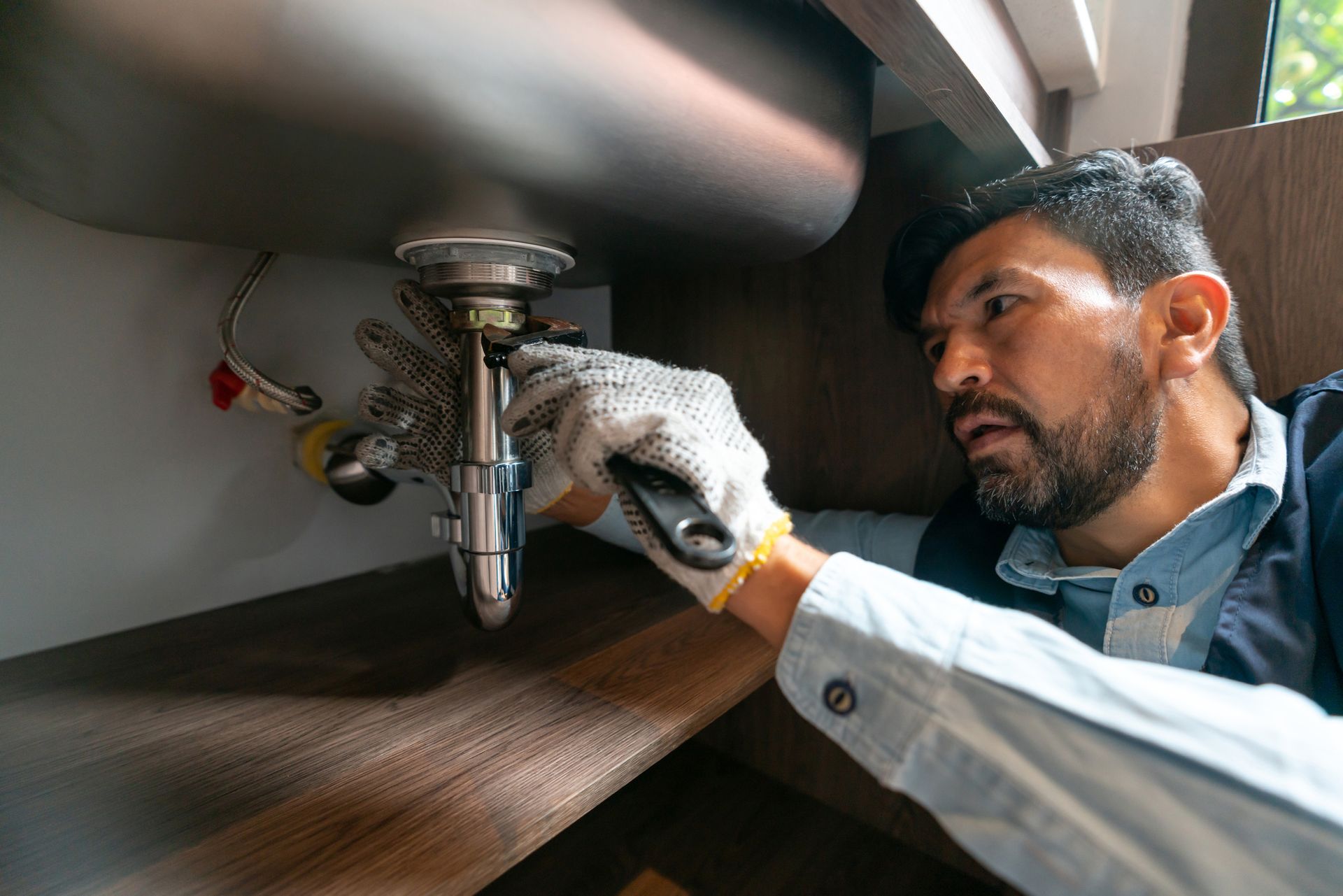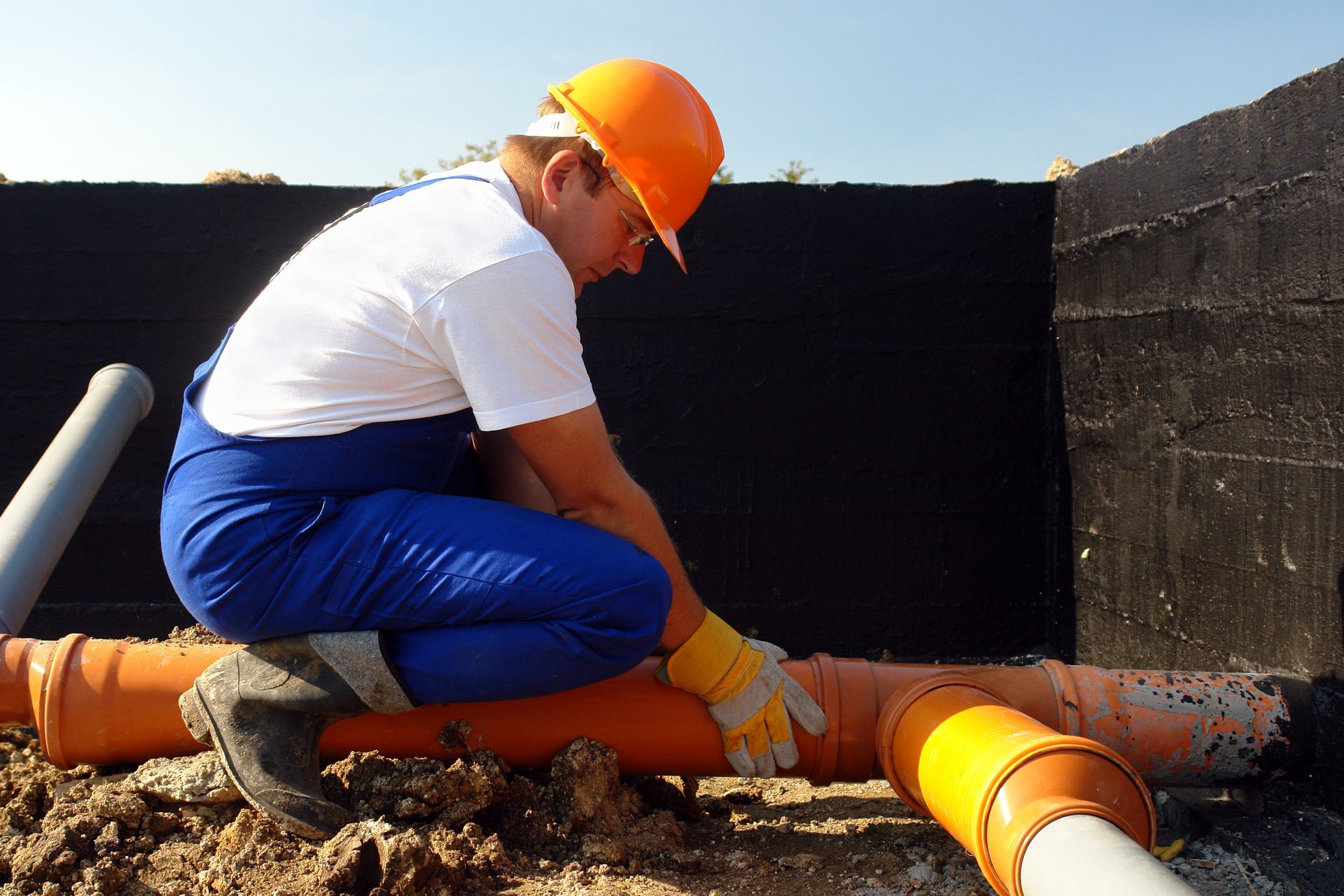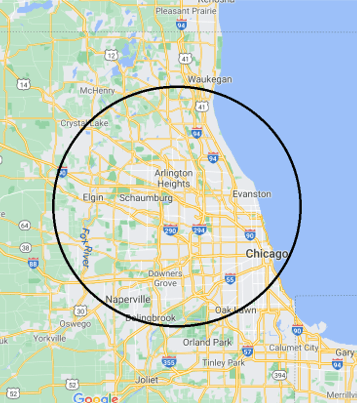Signs Your Water Heater Needs Repairs
A water heater is an asset in many homes. With a fully functional water heater, you never have to worry about bathing with freezing water during the cold months. However, most homeowners never pay attention to their water heater until the appliance starts to fail.
When your water heater has a problem that goes unnoticed for too long, you may have to replace it, and water heaters are not inexpensive. So, how do you know your water heater needs repairs? Read on to find out.
Water Temperature Fluctuations
Often, the first sign that something is amiss with your water heater is when the appliance gives you hot water one moment and lukewarm water the next. You may also observe that the water temperature does not change even if you adjust the temperature on the heater.
The main culprit behind water temperature fluctuations in water heaters is mineral deposits. Mineral deposits from water build up around the water heater's heating components over time, which keeps them from heating the water. Replacing the faulty heating components should fix your water heater.
Odd Sounds
Even when working properly, a water heater makes a bit of noise. But, frequent odd noises that get louder with time indicate water heater damage. Mineral deposits are once more the root behind strange sounds from water heaters.
Sizzling, cracking, and hissing sounds are common in electric water heaters when the heating component at the lower part of the tank gets buried under sediment. You may also notice your electricity bill increase as your heater struggles to heat water.
In a gas heater, sizzling usually indicates internal condensation, which makes the sound when it hits the burners. If you have condensation, a leak within the tank calls for repairs.
Rust-Colored Water
The water coming from your water heater should be clear. Therefore, you likely have a water heater problem if you get brownish or rusty water when you open your taps. You might think that your tank should rust. After all, water makes metal rust. But a metal pole called an anode rod keeps your water tank from rusting.
Water heater manufacturers insert the anode rod at the top of the water heater. The rod comprises magnesium or aluminum, which rusts faster than the steel and iron on water heaters. Once the anode rod corrodes completely, your tank begins to rust. The rust in the water discolors it.
Have your plumber regularly inspect your water heater tank to ensure the anode rod is still intact. Anode rods typically last for three years. Therefore, your water heater tank will need an anode rod replacement every three years.
Water Pressure Changes
When mineral deposits accumulate in your heater tank, they may block the pipes from which water passes when you open your taps. Other times, your water heater may have a bent distribution pipe. Ticking noises also alert you to a water pressure change in your water heater.
If you notice that instead of getting a steady stream when you open the shower, you get less water each time, have your plumber check what could be interfering with your heater tank's water pressure.
With regular maintenance and timely repairs, you can keep your water heater in top condition for a long time. Working with an experienced plumber will also ensure no water heater problem goes undiscovered for long.
At J & S Plumbing Inc., we know every possible problem you may encounter with your water heater and have the skills to fix it. If you have observed any of the above issues with your water heater, contact us today for a water heater inspection and repairs.

